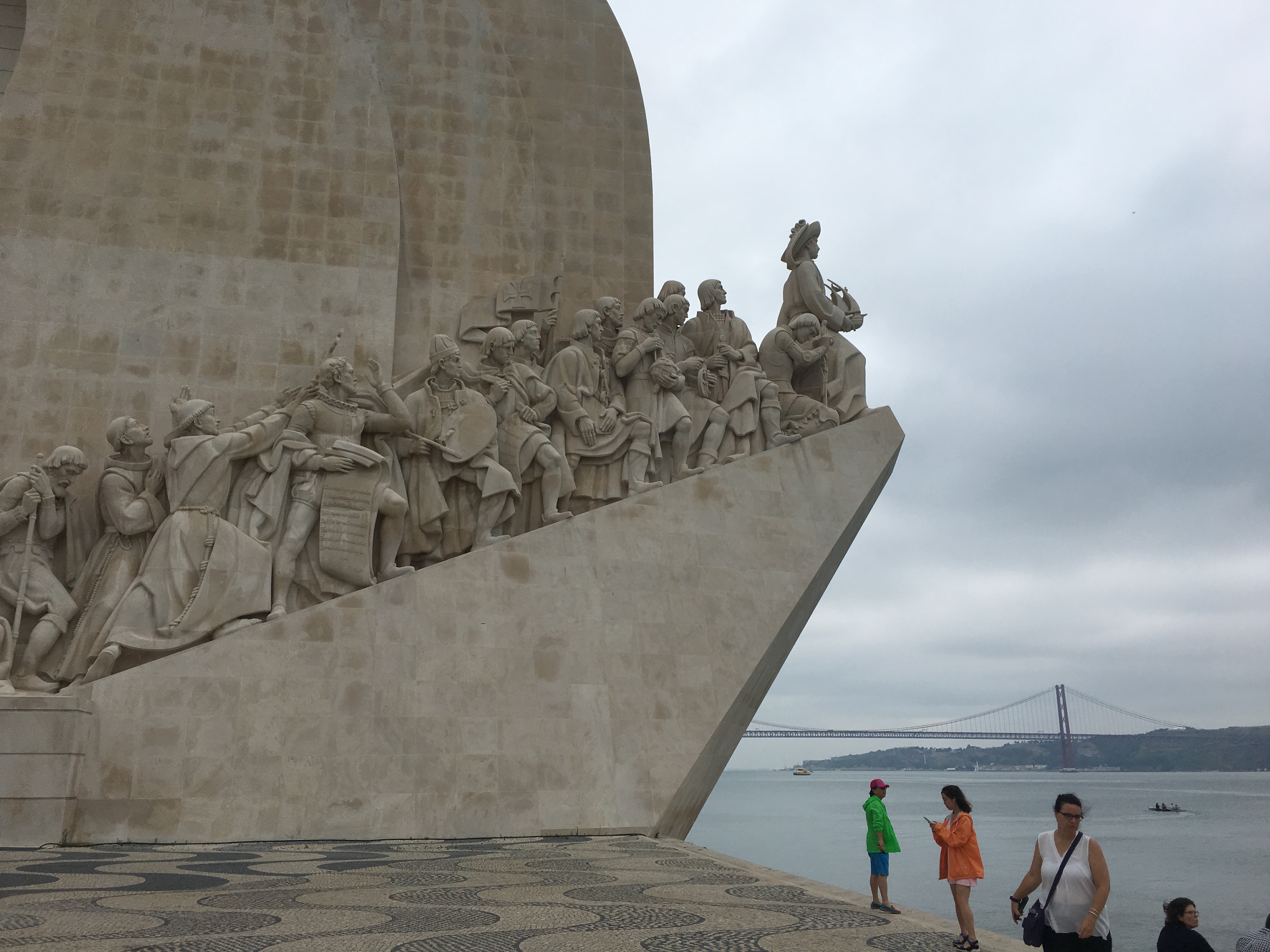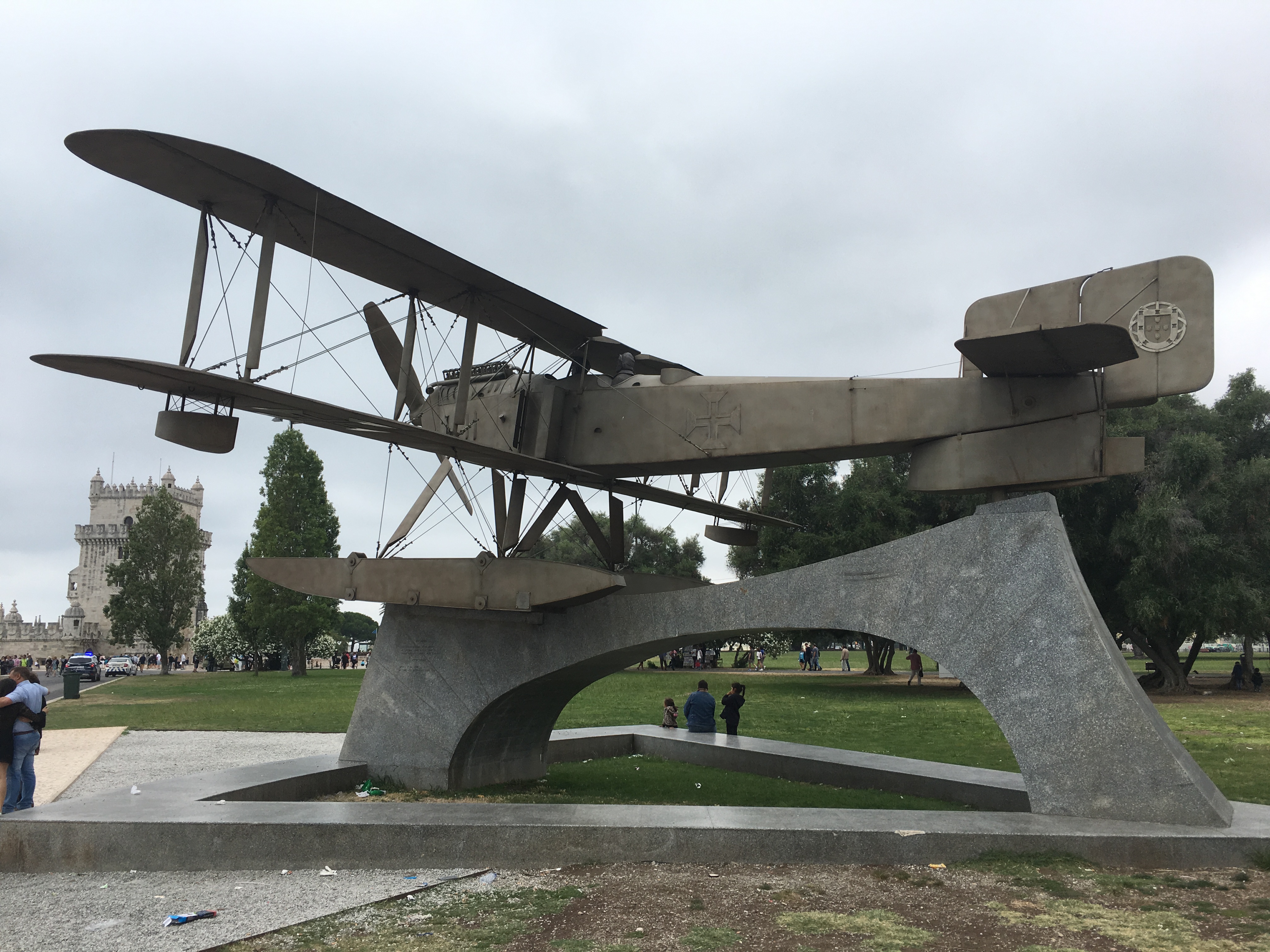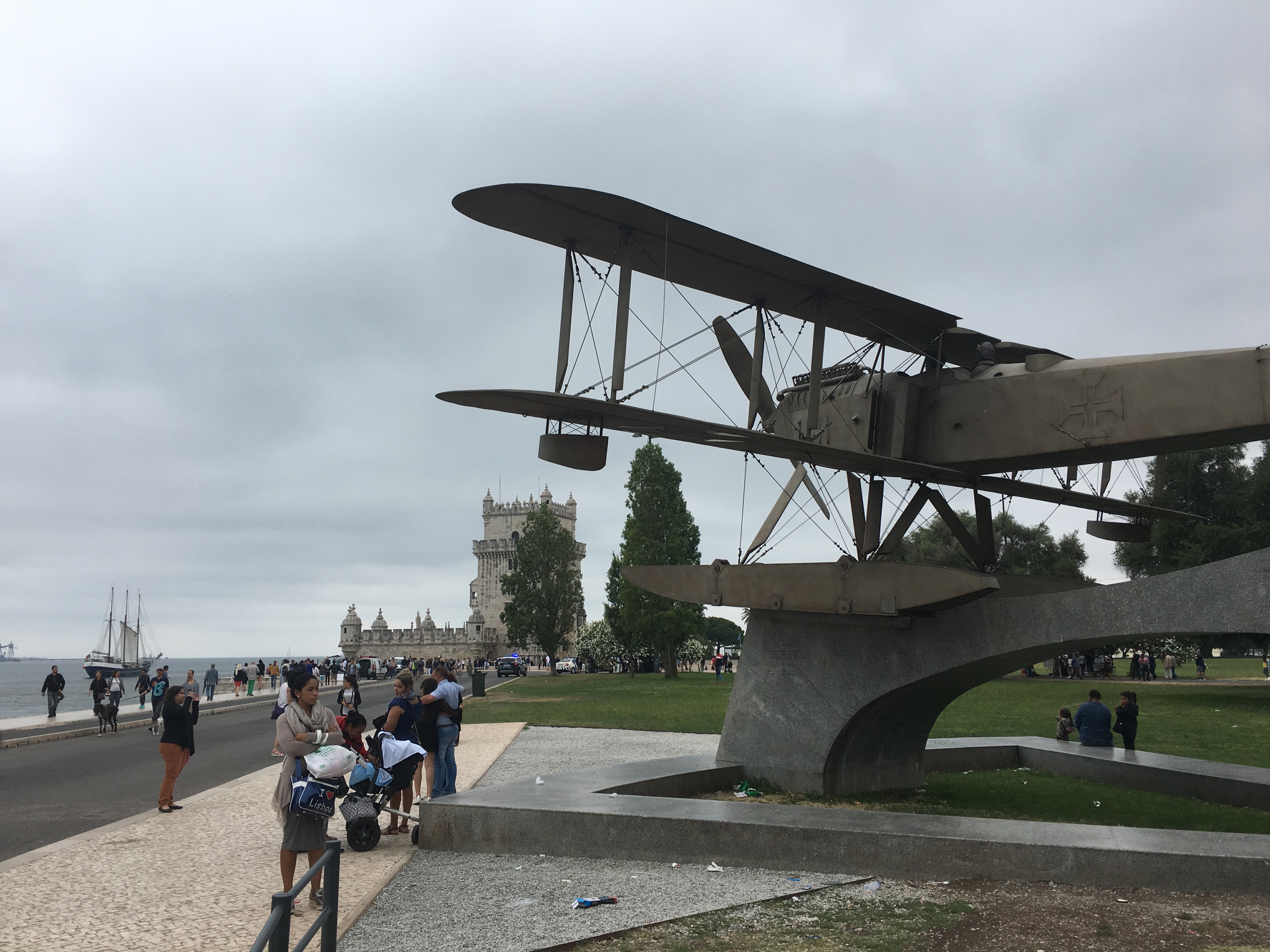In the second of four, so-called ‘servant poems’ in this section of Isaiah,[1]we encounter a person who is called from before his birth for God’s purposes. But the servant is “deeply despised” and “abhorred by the nations” for something he had done that caused the people to heap judgement and even violence against him.
Whatever this servant had been doing was frustrating even for the servant. He complains that his work had been a complete waste of time, that he had “labored in vain.” Can you relate?
Have you “labored in vain”? Do you feel as if all the work you’ve put into something was in vain, wasn’t worth it, or it felt like it was all for naught and didn’t make any difference? Have you once felt the shame of futility, frustration and failure?
Mahatma Gandhi, during his student life, suffered from frequent panic attacks. He had a particularly agonizing experience during a speech he was asked to give to a vegetarian community in London. After reading one line from the message he had prepared, he could no longer speak and asked someone else to read the rest of the speech for him.
“My vision became blurred and I trembled, though the speech hardly covered a sheet of foolscap,” he recalled.[2]How can someone who is barely able to utter two sentences together in public lead an independence movement? You’d think he must have grieved his shortcomings and fear. Even doubted his ability to lead.
What will God say to us? How will God answer our prayer born out of our frustration, feelings of futility and anxiety about the changing and scary world within and outside of us?
God’s answer surprises and is often counter-intuitive. We think, perhaps, the solution lies in scaling back, lowering expectations, isolating ourselves in cocoons of introspection and introversion. We think, perhaps, the solution lies in moving away from what causes our fears and anxieties in this changing and scary world out there.
But God’s way isn’t what we think! You thought the solution to your problems was to circle the wagons of your world, make it narrow and easily controlled. You thought the solution to your problems was to constrict your vision to stay within the walls you have constructed in your life between you, your loved ones and the changing and scary world around. To retreat into the safety of a like-minded ghetto behind fortress walls.
God’s answer is cued right at the beginning of this servant poem, in verse one: “Listen to me, O coastlands, pay attention, you peoples from far away!” The servant is not speaking to his own folk, nearby. The servant is not addressing his words to his like-minded cohort. The servant is not preaching to the choir.
The servant may not realize it at the beginning, but buried in his first words is the seed for his own transformation, his own healing, the answer to his own problem. God only puts a punctuation mark at the end of the sentence: “I will give you as a light to the nations, that my salvation may reach to the end of the earth” (v.6). Not only are his sights set on raising up the tribes of Jacob and restore Israel; his destiny lies with people from far away, at the far reaches of his vision.
After God hears the servant’s lament, “God not only renews the servant’s original calling but enlarges the scope of it, so that it encompasses not only the restoration of Israel but the salvation of every nation on earth. Rather than looking upon the servant’s failures and adjusting the call downwards to meet diminished expectations,”[3]God offers an antidote to the servant’s inner struggles.
If the servant is to be healed from his inner turmoil and outer struggles, here is the antidote: reach out to others to meet them, serve them, learn from them and live together with them. Get out of yourself and the self-preoccupation born from too much navel-gazing, and meet God out there in that changing and scary world.
Gandhi found a cause that inflamed a passion in him so great that it overrode his anxieties and fears. His desire to see a free India moved him to stand up for what he believed in. Ghandi’s life echoed the expansive vision of God to care not just for those closest to him – in his family, village, township or province. But to care for the entire country!
Maybe when we’re anxious, we would do well to set our sights on the coastlands. Maybe, when are afraid, we would do well to consider a strategy that goes in another direction than ‘the way it used to be’. Maybe, when we feel all our work has been in vain, we would do well to try to reach out rather than just reach in. Maybe, when we are frustrated, we would do well to resist the temptation to retreat into the comfort zones too quickly.
Because maybe our healing lies in this expansive vision of God. Maybe our growth lies in setting our sights on the coastlands, to meet with people from far away, to make meaningful connections with peoples from all nations.
I think what we need to remember is that what has brought us here today—in the first place—is love. What brings us to this point of confession—confessing our sins, confessing our fear, feeling all those wants and unmet needs and grievances … we can only do that because love lives in our hearts. The small, spark of love – the love of God in us – opens our hearts to be who we are, warts and all.
But God doesn’t stop there. The love that brings us to honesty also sends us out to share God’s love in the world. The love of God will not stop in us but will radiate outwards, a centrifugal force that cannot be stopped, a force that will shine to the farthest corners. God won’t lower the bar with us, but raise it.
When we find the balance, when our outward reaching stems from the depths of our hearts in Christ, when the centrifugal force of the Spirit of God’s mission in the world emerges from the deep wells of God’s love within, then …
Our work will not be in vain. God will bring to completion the good work already begun in us.
[1]Isaiah 49:1-7
[2]https://visme.co/blog/amazing-leaders-who-once-had-crippling-stage-fright-and-how-they-overcame-it/
[3]Stephanie A. Paulsell, Feasting on the Word; Preaching the Revised Common Lectionary Year A Volume 1 (Kentucky: WJK Press, 2010), p.244-246










